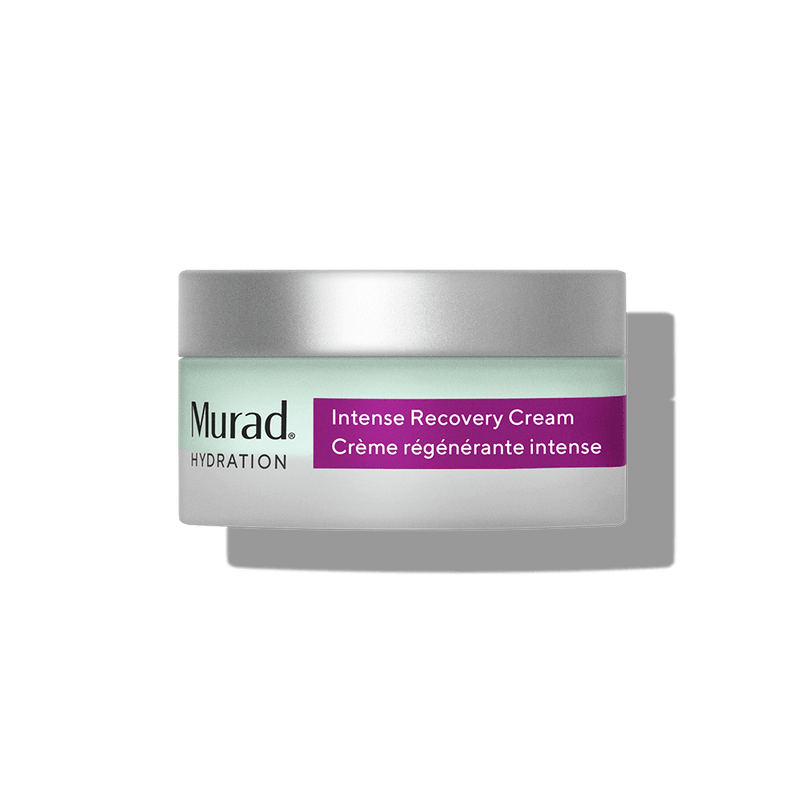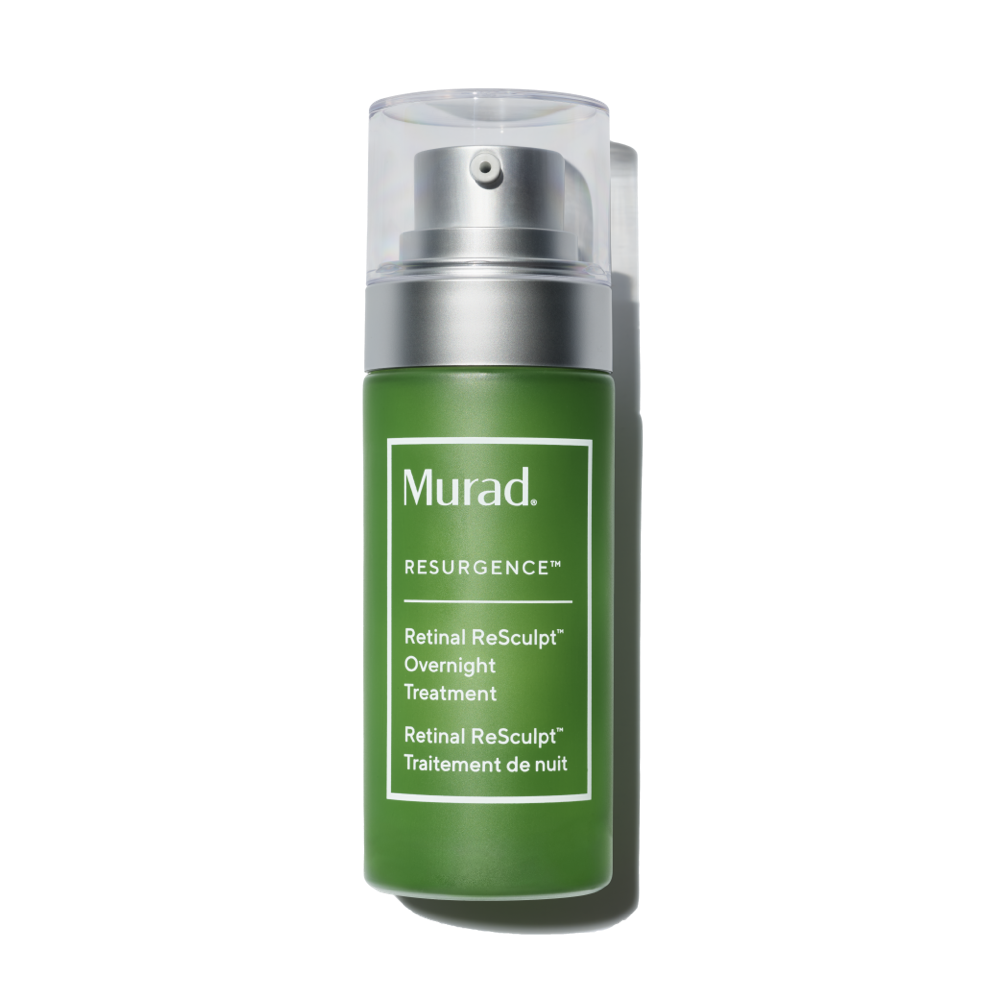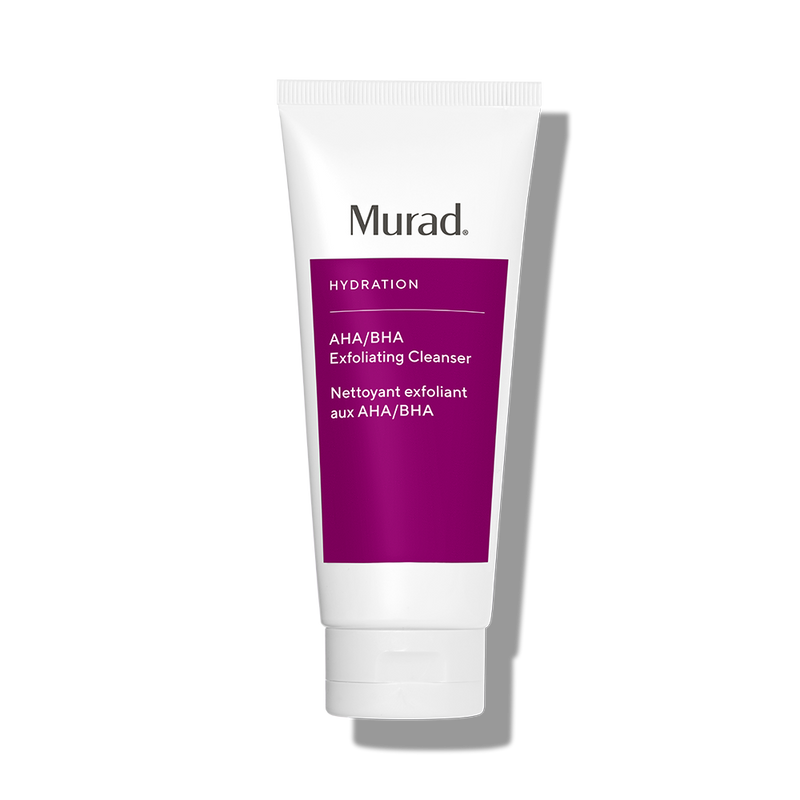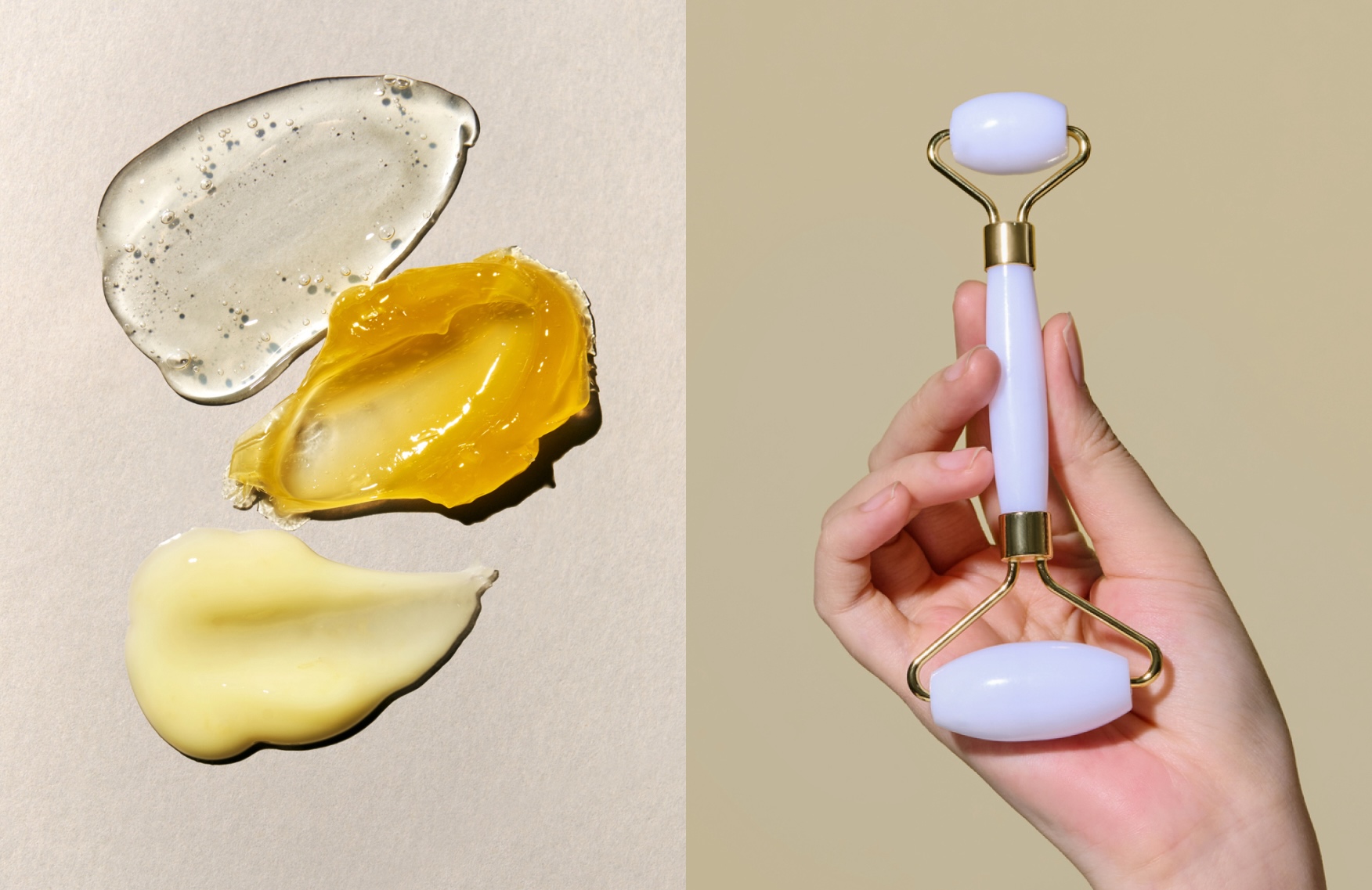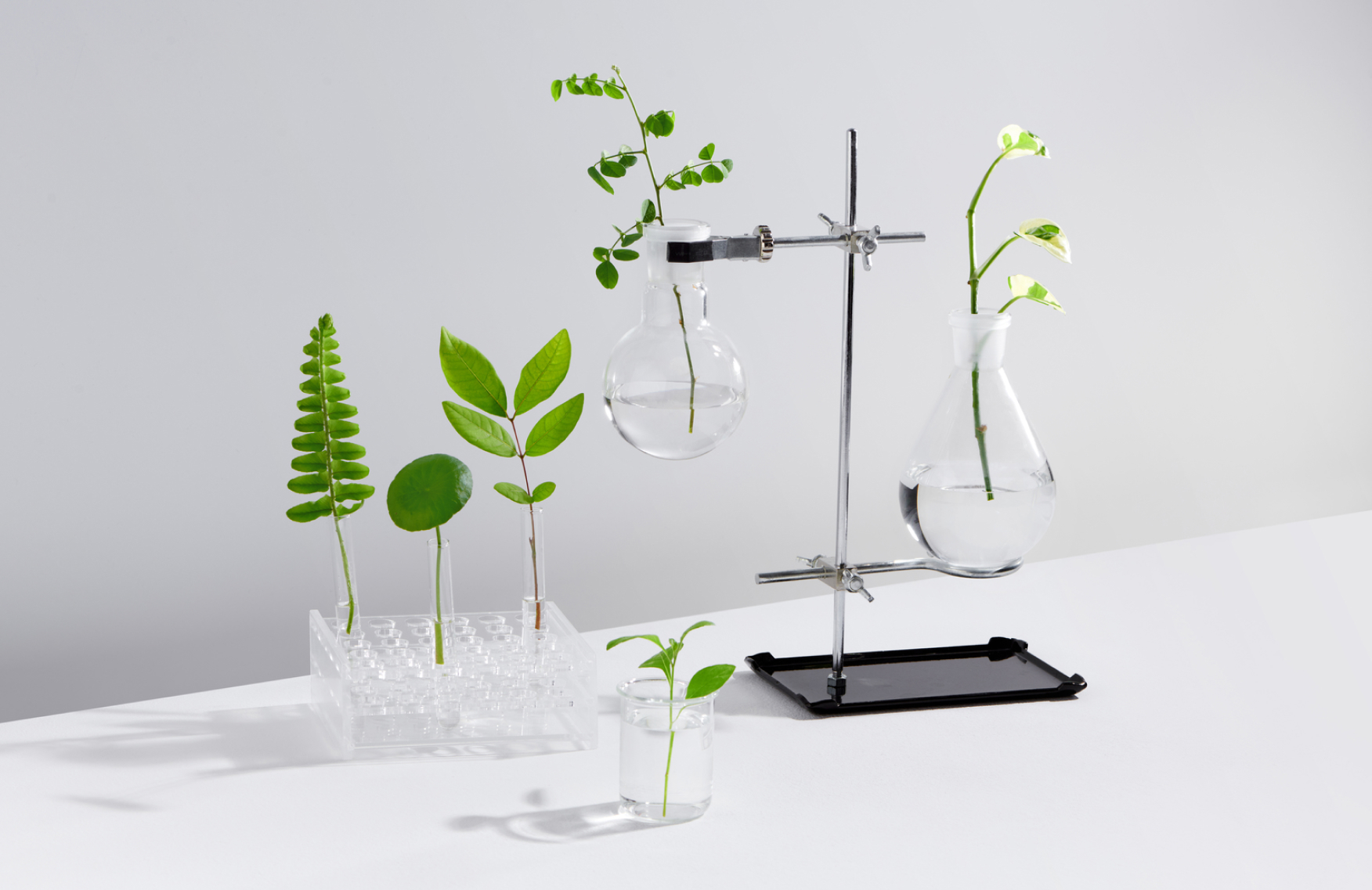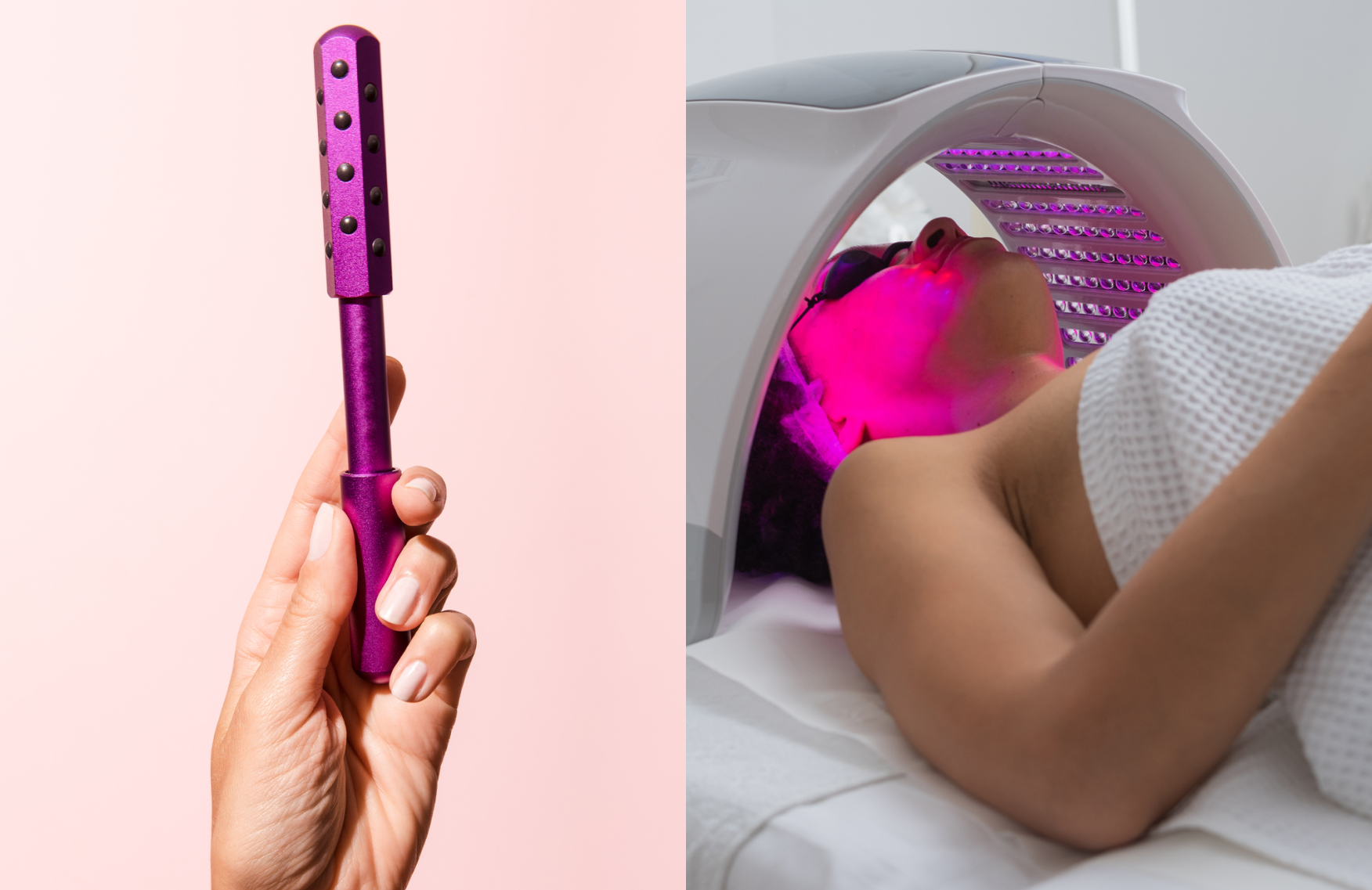Here’s why you don’t necessarily want ‘youthful’ skin
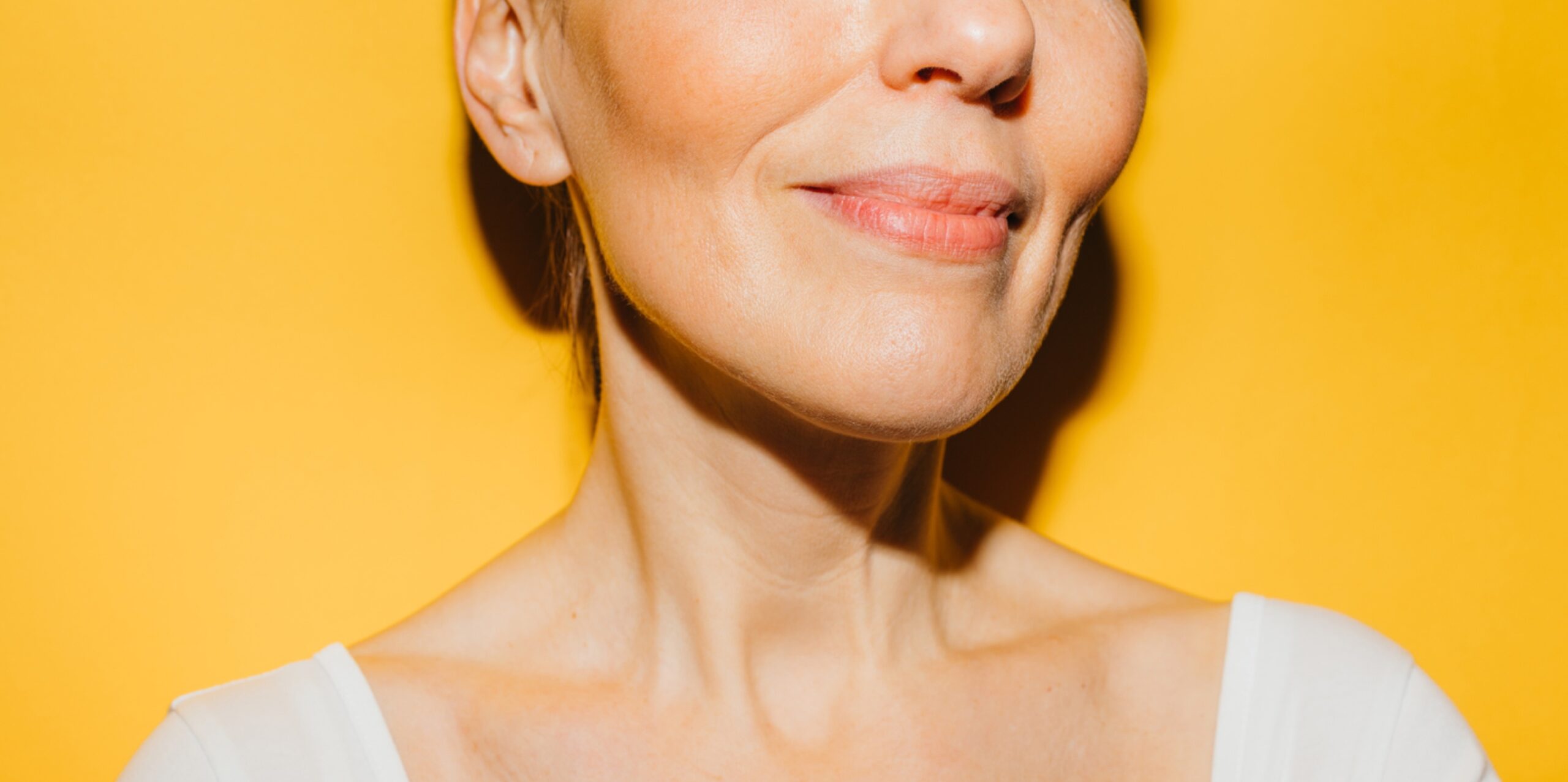
Sure, it’s not unusual to covet a “youthful” complexion free of lines and wrinkles that looks plump and firm. But research suggests that chasing “younger-looking” skin can be short-sighted—and maybe even counterproductive in the long run.
Aging skin is inevitable and natural. That’s why health should be your real skincare goal, here’s why: Excessive exfoliation, professional peels, face-freezing fillers and other more intense practices to recapture skin’s youth can actually cause the skin to look anything but. When looking for tips on how to look younger or prevent wrinkles, following healthy skincare practices as your North Star will lead to youthfulness. Keep reading to dissect the differences between youthful and healthy skin, how one affects the other, and the essential steps you can take to ultimately achieve both.
Characteristics of *youthful* skin
This long coveted youthful looking skin can look like:
- Firmness and tautness: Collagen is a protein and the key building block in skin, nails, hair and bone. When your skin cells have sufficient collagen production, skin is firm, plump and less likely to exhibit wrinkles. Elastin is another essential protein that’s present in our connective tissue and helps maintain skin elasticity.
- Clarity and even tone: Premature skin aging can show up as skin damage like dark spots and wrinkles. This damage is often UV-induced and can lie dormant for years before surfacing. Cell turnover is also quicker in our teens and 20s, keeping skin bright, fresh and practically free of perceived issues.
- Hydration: Healthy skin cells are ripe with water and help skin look plump and dewy—two natural characteristics of youthful skin. This is why skin hydration through a heavy moisturizer is usually recommended for aging skin.
Characteristics of *healthy* skin
The characteristics of healthy skin run parallel with those of youthful skin, but with one huge difference: It’s completely possible to have a few dark spots, wrinkles, loss of firmness and some dehydration, while still having healthy skin. Because (repeat after us) healthy skin is skin that ages! This is known as intrinsic aging and is in direct contrast to premature (or extrinsic) aging that’s triggered by too much sun exposure, pollution, poor lifestyle choices and trauma induced by excessive peels. If we can just accept that healthy skin comes with some spots and lines over time, then we won’t damage the skin for the long-term by overdoing procedures or—even worse—flouting sun exposure.
4 forever-essential steps to total skin health
Visible, more youthful-looking skin can be the result of fillers or peels that help recapture one’s youthfulness—temporarily. These practices often don’t have lasting effects and, in excess, can inflict trauma or damage to skin.
Healthy skin concentrates on a balanced regimen that’s focused on nourishing skincare and preventative measures that lead to smoother and plumper skin with fewer fine lines and discoloration for the longer-term. And you can even give your healthy skincare routine a little boost by practicing healthy lifestyle choices. Here’s what experts recommend to achieve true skin health:
Whether you’re a fan of the 12-step regimen or like 2-in-1 “keep it simple” products, diligently following a daily routine will encourage skin health to maintain a longer-lasting youthful appearance. Key healthy skin ingredients include retinol, vitamin C, hyaluronic acid and a face moisturizer with SPF.
The protection that SPF provides your skin isn’t just for summer days. The sun’s rays damage skin on a cellular level 365 days a year by creating “free radicals” in our bodies. Free radicals are unstable molecules that “steal” electrons from other molecules, damaging cells and wreaking havoc on skin health that shows as loss of skin elasticity and firmness, along with the formation of fine lines and wrinkles.
SPF is one of the most crucial stages when looking for products to help with even skin tone or skin brightening, regardless of your skin concerns. Mineral sunscreens, chemical sunscreens or a combination of both will help defend against UV rays, leading to consistently healthier skin.
Board-certified dermatologist, pharmacist and founder of Murad Skincare Dr. Howard Murad has always prescribed exercise as part of a total skin-health regimen. “By exercising, you’ll help promote circulation, and skin is the body’s largest organ,” Dr. Murad explains. “Increased blood flow helps carry oxygen to the cells and helps carry away waste such as harmful free radicals.” Bonus: A good workout may also make it easier to get rest, resulting in more skin health benefits, since lack of sleep can lead to multiple adverse effects on the skin.
Speaking of those adverse effects: Research has shown that people who are sleep-deprived show outward signs of fatigue that are similar to signs of premature skin aging, including:
- Dark circles under eyes
- Fine lines and wrinkles around eyes
- Eyelids that hang or droop
- Drooping at the corners of the mouth
Another study showed that those who regularly clocked in quality sleep had a healthier skin barrier, which recovered faster from damage. So how much sleep do you need to reduce the effects of fatigue-induced aging? According to the Sleep Foundation, most adults need 7 to 9 hours each night to encourage healthier, more youthful-looking skin.
Aging skin is part of nature, but your habits can determine how quickly your skin will age. From slowed collagen production to lack of sleep and rest, there are specific factors that can impact younger looking skin.
The views expressed in this article do not necessarily represent the views of Murad, and are for informational purposes only, even if the advice of physicians and medical practitioners are included. This article is not a substitute for professional medical advice, diagnosis or treatment, and should not be considered specific medical advice.
References for this information:
Dermatology Research and Practice, 2012, volume 2012
Clinical & Experimental Dermatology, 2015, volume 40, issue 1, pages 17-22
Sleep, 2013, volume 36, issue 9, pages 1355-1360
